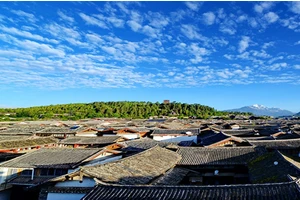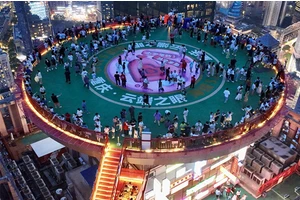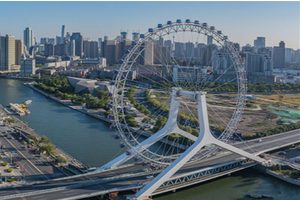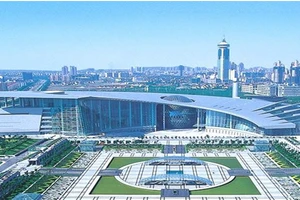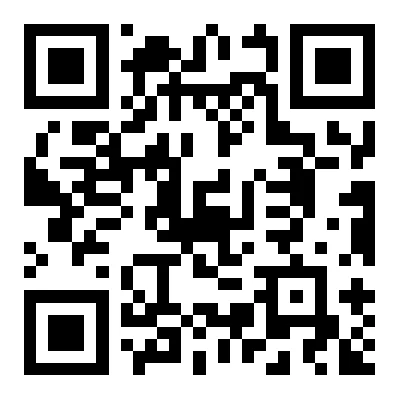Annual vacation travel
Legal analysis:
At present, China's civil servant welfare system mainly includes working hours system, living hardship subsidy, visiting relatives system, sick leave treatment, annual leave system, medical benefits, winter dormitory heating subsidy system and transportation subsidy system.
1. Working hours system
It is stipulated by the state to reasonably arrange the working and rest time of employees, safeguard their right to rest and arouse their enthusiasm. State organs implement unified working hours, 8 hours a day, 40 hours a week, and Saturday and Sunday are weekly rest days. Due to the nature of work or the limitation of responsibilities, the standard working hours system of 8-hour working day and 40-hour working week cannot be implemented. In accordance with the relevant provisions of the state, other working and rest measures can be implemented.
2. Subsidies for living difficulties
It is a special expense system established to solve the living difficulties of employees, which consists of two parts: the extraction ratio of welfare funds and the scope of use. Staff's salary income and other economic income, it is difficult to bear their living expenses and their family members' living expenses, or it is difficult to pay family members' medical expenses for treatment, family members' death and funeral expenses, and there are other special difficulties. According to the principle of "more subsidies for big difficulties, less subsidies for small difficulties", regular or temporary subsidies should be given as appropriate, and the required funds should be paid by welfare expenses.
3. Visiting relatives system
It is a welfare system established by the state to solve the problem of reunion of spouses and parents of employees living in two places, including the conditions for enjoying family leave, family leave and holiday treatment. Fixed employees who have worked in state organs for one year and do not live with their spouses and cannot be reunited on public holidays can enjoy the treatment of visiting their spouses; Those who don't live together with their parents and can't reunite on public holidays can enjoy the treatment of visiting their parents, while those who can reunite with their parents on public holidays can't enjoy the treatment of visiting their parents. Employees who visit their spouses are given a family leave once a year, with a holiday of 30 days. Unmarried employees who visit their parents shall, in principle, be given family leave once a year, with a holiday of 20 days. If due to work needs, the unit can't give holidays in that year, or if employees voluntarily visit relatives once every two years, they can give holidays once every two years, and the holidays are 45 days. Married employees who visit their parents are given leave once every four years, with a holiday of 20 days.
Visiting relatives holiday is the time for employees to reunite with their spouses and parents, and additional travel leave is given according to actual needs. Employees shall be paid according to their standard wages during the prescribed holidays for visiting relatives and travelling. The round-trip travel expenses for employees to visit their spouses and unmarried employees to visit their parents shall be borne by the unit where they work. If the round-trip travel expenses of married workers visiting their parents are less than 30% of their monthly standard salary, they shall take care of themselves, and the excess shall be borne by their units.
4. Sick leave treatment
During the period of sick leave, public servants are entitled to the corresponding benefits as shown by medical institutions and approved by the competent leading authorities according to the following conditions: if the sick leave is within 2 months, the original salary will be paid; If the sick leave exceeds 2 months, from the third month, if the employee's working experience is less than 10 years, he will be paid 90% of his salary, and if the working experience has reached 10 years, his salary will be paid as usual; If the sick leave exceeds 6 months, from the seventh month, if the working experience is less than 10 years, 70% of my salary will be paid, and if the working experience is over 10 years, 80% of my salary will be paid; Those who participated in revolutionary work before September 2, 1945 were paid 90% of their salary. If the above-mentioned personnel have been awarded the title of labor hero and model worker by the provincial people's government and various departments in the State Council and still maintain the honor, the salary during the sick leave can be appropriately increased with the approval of the provincial people's government and relevant departments in the State Council.
During the sick leave, you can continue to enjoy the welfare benefits of your unit. Institutions affiliated to state organs can refer to the above provisions.
5. Annual leave system
It is a kind of welfare system that the state arranges employees to take turns for a period of time every year to protect their health, including the number of days off and the way to take vacations. This system was established in June, 1991, and the number of annual leave days should be determined according to the job tasks, qualifications and positions of various personnel, and should not exceed two weeks at most. Pay attention to the balanced arrangement of vacation time. Generally, the way of vacation is to rest on the spot. No public travel is allowed, and no money or goods are distributed to employees on the grounds of vacation.
6. Medical benefits
All civil servants enjoy free medical care. The principles of enjoying the preventive treatment of public medical care: first, enjoy it at different levels. Enjoy different levels of medical personnel at public expense, and enjoy them differently. The second is to adopt a regional responsibility system. No matter in large, medium and small cities, the regional responsibility system is adopted for public medical care, and the specific organization work is handled by the local health administrative organs. In addition, the scope of public medical care includes: outpatient and inpatient medical expenses, operation expenses, hospitalization expenses, and medicine expenses prescribed by doctors in outpatient or inpatient, all of which are funded by public medical care; The meals and medical expenses required for hospitalization are borne by the patient himself.
7, winter dormitory heating subsidies
It is a subsidy system established by the state to compensate employees living in cold areas for the expenses incurred by dormitory heating, including the regional scope, heating period, recipients and subsidy standards of heating subsidies.
8. Transportation subsidy system
It is a welfare subsidy system established by the state to ensure the normal work of employees and reasonably bear the transportation expenses. There are mainly two kinds of commuting subsidies and business travel subsidies, including the scope of implementation, enjoyment conditions and subsidy standards.
Legal basis:
Article 51 of the Civil Service Law of People's Republic of China (PRC) shall reward civil servants or collective civil servants who have made outstanding achievements and contributions in their work, or who have made other outstanding deeds. Rewards adhere to the principle of combining regular rewards with timely rewards, combining spiritual rewards with material rewards, and giving priority to spiritual rewards.
The collective reward of civil servants is applicable to institutions set up according to the compilation sequence or work collectives formed to complete special tasks.
The holiday arrangements in 2824 are as follows:
1. New Year's Day: It is a holiday on January 1st, and it is even closed on weekends.
2. Spring Festival: 8 days' holiday from February 10th to 17th. Go to work on February 4 (Sunday) and February 18 (Sunday). Encourage all units to implement the system of paid annual leave and arrange employees to rest on New Year's Eve (February 9).
3. Tomb-Sweeping Day: We have a holiday from April 4th to 6th, lasting for 3 days. Go to work on Sunday, April 7.
4. Labor Day: May 1st to 5th, with 5 days' holiday. Go to work on Sunday, April 28th and Saturday, May 11th.
5. Dragon Boat Festival: It is a holiday on June 10th, and even closed on weekends.
6. Mid-Autumn Festival: We will have a holiday from September 15th to 17th, lasting for 3 days. Go to work on Saturday, September 14th.
7. National Day: 7 days' holiday from October 1 to 7. Work on September 29th (Sunday) and October 12th (Saturday).
Holiday arrangements
On October 25th, the General Office of the State Council issued a notice about some holiday arrangements in 2024, which specified the holiday time of the Spring Festival in 2024. After the news was released, users on Qunar platform showed great interest in domestic tourist destinations. According to the data, domestic tourist destinations that users are most interested in include Sanya, Dali, Beihai, Haikou and Xishuangbanna.
At the same time, the search volume of outbound travel also shows an obvious growth trend, especially for long-distance tourist destinations such as Europe and Australia. The top five destinations with the largest increase in outbound travel search volume are Australia, Spain, Switzerland, France and New Zealand. The number of visa consultations to Australia, New Zealand and Europe has also increased significantly.
Prev: Bahrain tourist sign
Next: Ctrip Travel Xi 'an


